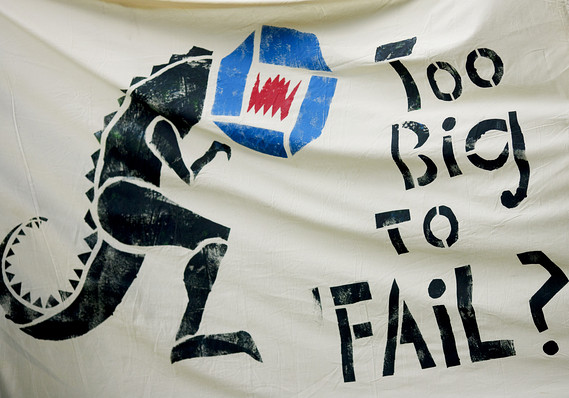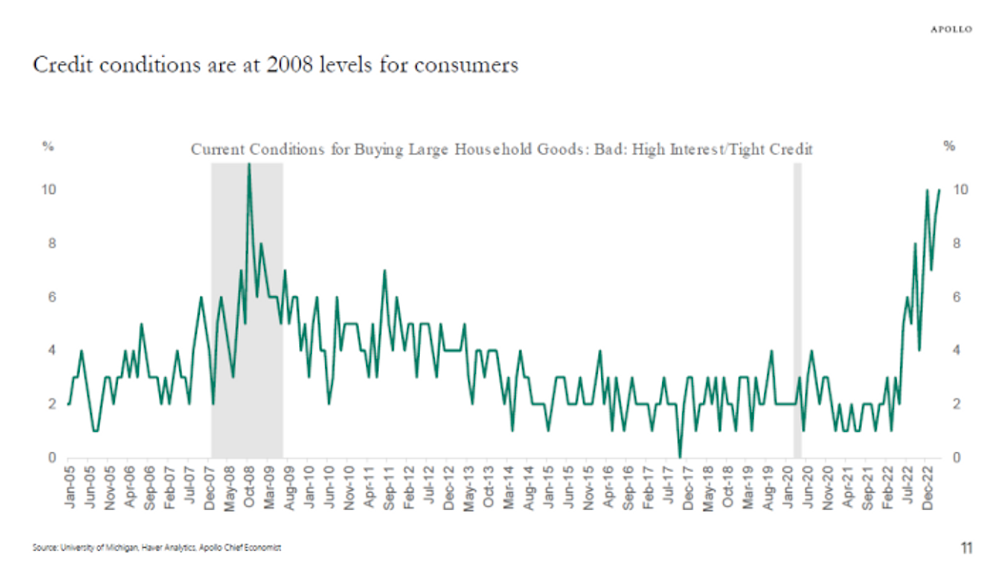LOS ANGELES (MarketWatch)
President Barack Obama vowed again Tuesday night not to negotiate in connection with raising the U.S. legal debt limit
Obama made the remarks after the House of Representatives passed a deal to undo much of the fiscal cliff of austerity measures that began going into effect at the start of the year
Obama thanked Democratic and Republican leaders for approving the deal, but he added that "we all recognize this law is just one step" in dealing with U.S. debt problems
The U.S. officially reached its legally mandated borrowing limit Monday, according to the Treasury, which has taken special measures to avoid a default until the debt limit can be raised But Obama stated Tuesday that he wouldn't engage in negotiations over raising the limit, saying "we can't not pay bills we have already incurred."
A partisan tussle over extending the debt limit in 2011 resulted in Standard & Poor's downgrading the U.S. credit rating
Welcome
stock market phases theorem.
Chief Artificial Intelligence.
Academic training in Fundamental Mathematics.
IA basada en Razonamiento Humano
Billie, Founder with academic training in Fundamental Mathematics and professional experience in Large Multinationals in the Information Technology sector, having held positions in high-level management positions, maintains that it is time to reduce Unproductive Public Expenditure and help the Private Sector in everything that is possible.
Cortesía de Investing.com
Cortesía de Investing.com
Agenda Macro
Calendario económico en tiempo real proporcionado por Investing.com España.




















9 comentarios:
WASHINGTON (MarketWatch) — After a day of wrangling, the House of Representatives voted Tuesday night to pass a bipartisan deal undoing the fiscal cliff of austerity measures, which began going into effect at the start of the year.
The final vote tally was 257 to 167. A majority of Republican House members opposed the bill, with a total of 151 Republicans and 16 Democrats voting against it.
The deal raises tax rates on upper-level household incomes, extends unemployment benefits, and delays across-the-board spending cuts for two months, but it also lets a 2% payroll-tax cut lapse.
Tax rates will rise to 39.6% from 35% currently on individual incomes of more than $400,000 and on couples’ incomes over $450,000.
The deal does nothing to address the U.S. borrowing limit, which was officially reached Monday, forcing the Treasury to take special measures to delay insolvency for the U.S. government
The deal to cancel out much of the fiscal cliff by extending the Bush tax cuts for middle- and lower-class Americans, along with other measures, was almost scuttled due to opposition in the House.
After reviewing the details of the Senate’s bill, many House Republicans said earlier in the day they couldn’t support it because it doesn’t include spending cuts, with House Majority Leader Eric Cantor voting against the deal.
The Republicans had talked openly about amending the deal and sending it back to the Senate, a move which could have doomed the agreement as reports said the Senate would likely reject an altered bill.
Republican leaders decided to poll their caucus members on two courses of action: One would amend the Senate bill and add spending cuts, but the second would be a vote on the clean version of the Senate plan.
Publicar un comentario